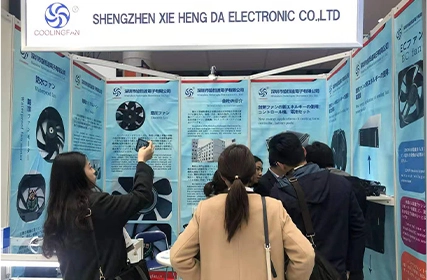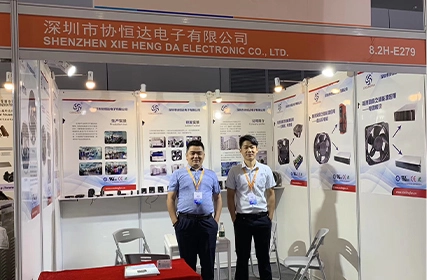LED headlights are gaining popularity in the automotive industry due to their exceptional illumination capabilities and energy efficiency. LED headlights with fans take this technology to the next level, offering additional benefits and advancements. In this guide, we will explore the benefits of LED headlights with cooling fans, their role in noise-free operation, how they enhance the lifespan of LED headlight systems, and the future of this technology.
Exploring the Benefits of LED Headlights with Fans
Improved Heat Dissipation
LED headlights generate heat during operation, and excessive heat can lead to reduced performance and durability. Cooling fans in LED headlights effectively dissipate heat, keeping the headlights at optimal operating temperatures, and preventing any performance issues.
Enhanced Light Output
Cooling fans help maintain the proper temperature of LED headlights, which allows them to function at their full potential. This results in brighter and more consistent light output, thereby improving visibility for drivers.
Increased Durability
LED headlights with fan have a longer lifespan compared to traditional headlights. The cooling fans ensure that the LED bulbs are not exposed to excessive heat, which can lead to premature aging and reduced longevity.
The Role of LED Headlights with Fans in Noise-Free Operation
Reduced Noise
Cooling fans play a crucial role in maintaining a noise-free operation of LED headlights. By effectively dissipating heat, the need for a noisy cooling system is eliminated, resulting in a quieter driving experience.
Vibration and Shock Resistance
LED headlights with cooling fans are designed to absorb vibrations and shocks encountered on the road. This feature ensures that the internal components of the headlights remain intact, preventing any malfunctioning or damage caused by external factors.
How LED Headlights with Fan Enhance the Lifespan of LED Headlight Systems
Temperature Regulation
The cooling fans in LED headlights play a vital role in regulating the temperature within the unit. By preventing overheating, the fans ensure that the electronic components of the headlights are not subjected to excessive heat, thus extending their lifespan.
Protection Against Moisture
Automotive cooling fan often comes with moisture-resistant features, protecting the internal components from water damage. This additional protection enhances the longevity of the LED headlight system, making it more durable and reliable.

The Future of LED Headlights with Fan and Smart Cooling Technologie
Integration with Smart Systems
The future of LED headlights with fan lies in their integration with smart systems. These headlights can be connected to a vehicle's onboard computer, allowing for automatic temperature regulation and performance optimization.
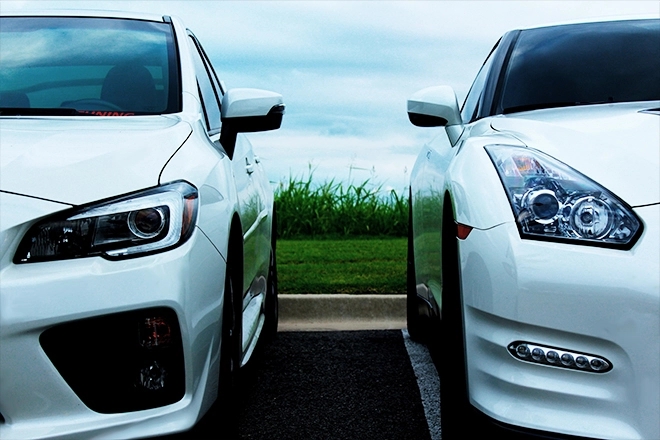
Advanced Cooling Technologies
As technology advances, cooling systems in LED headlights are expected to become more efficient and compact. Innovative cooling technologies such as liquid cooling or heat pipes might replace traditional fan-based systems, offering even better performance and durability.
In conclusion, LED headlights with cooling fans provide numerous benefits, including improved heat dissipation, enhanced light output, increased durability, reduced noise, vibration and shock resistance, temperature regulation, and protection against moisture. The future of this technology holds exciting possibilities with integration into smart systems and the development of advanced cooling technologies. Invest in LED headlights with cooling fans for an optimal lighting experience and long-lasting performance.

 EN
EN 

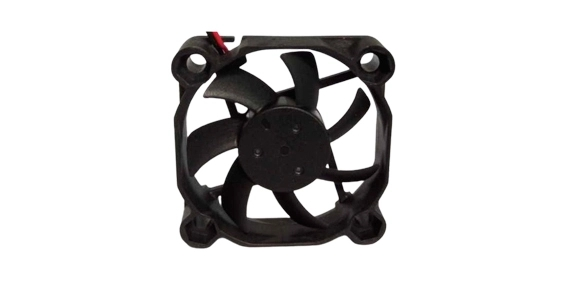 +
+
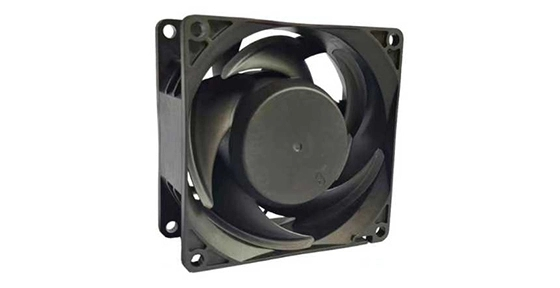 +
+
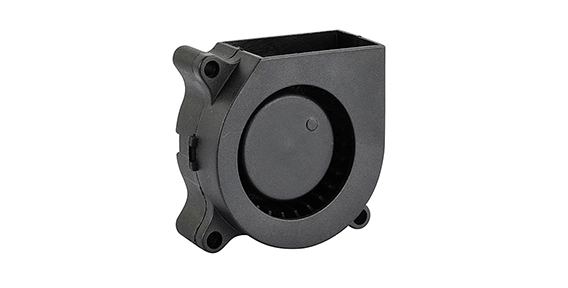 +
+
